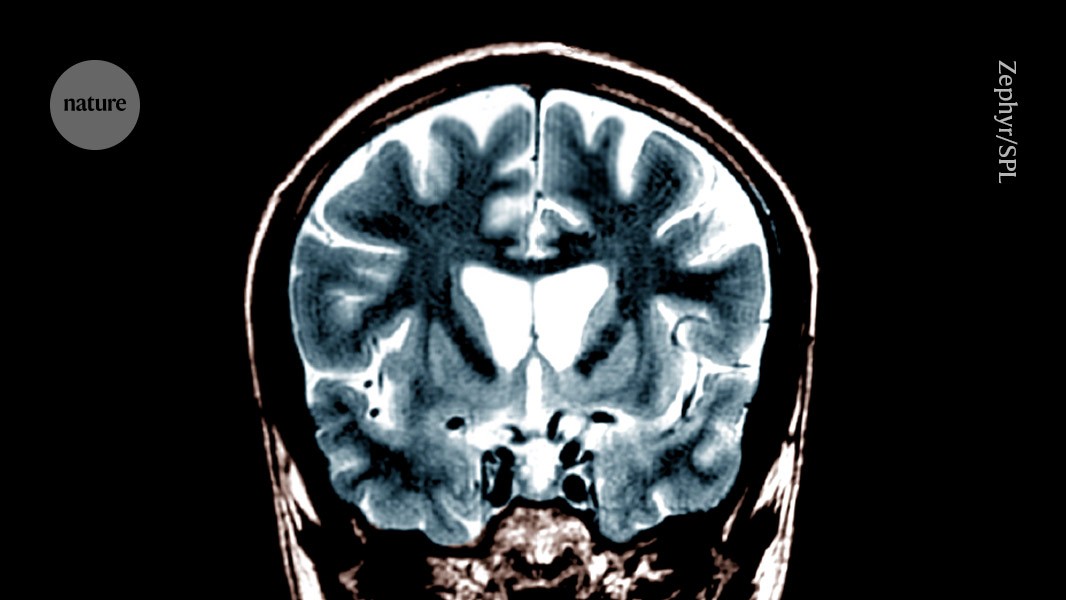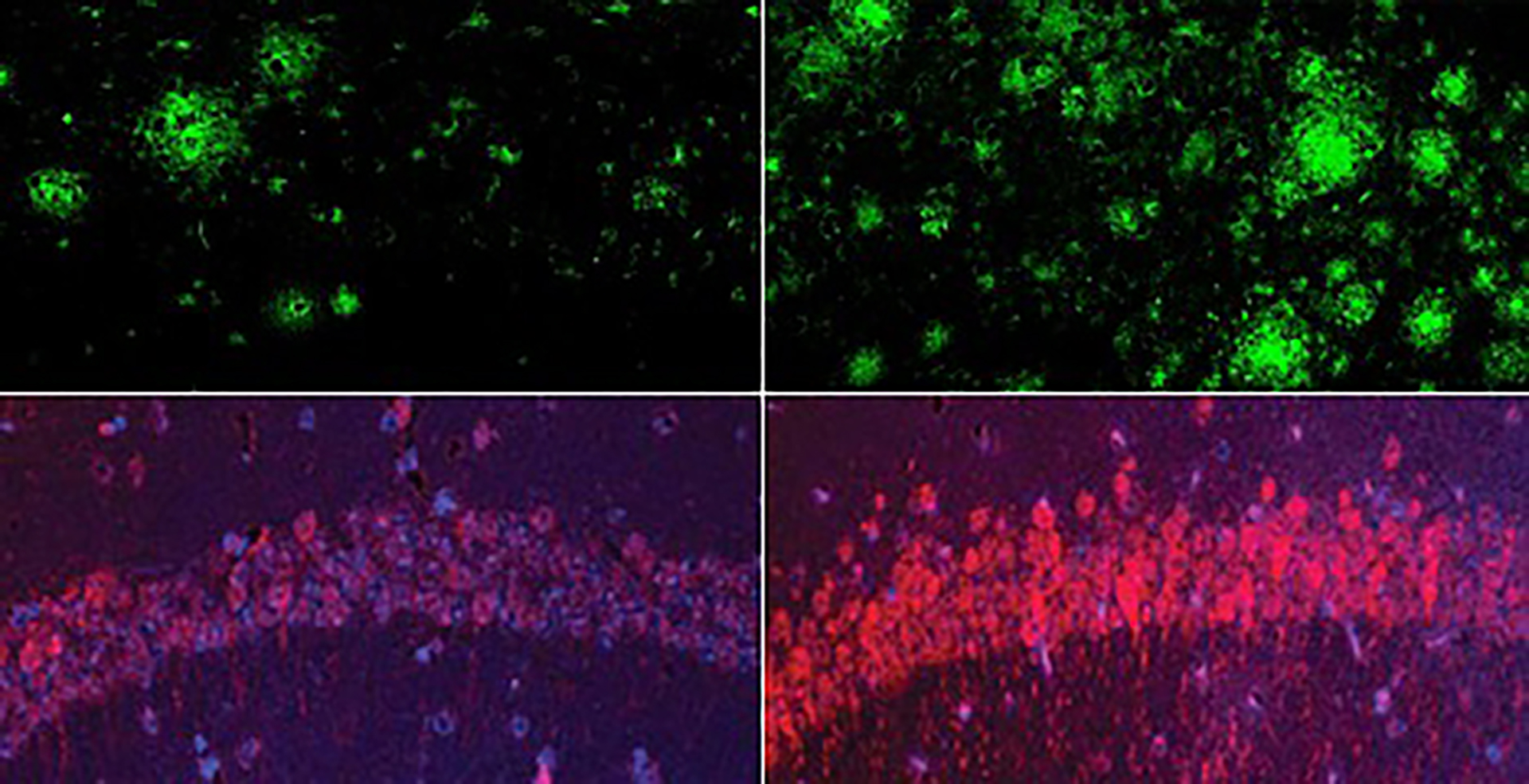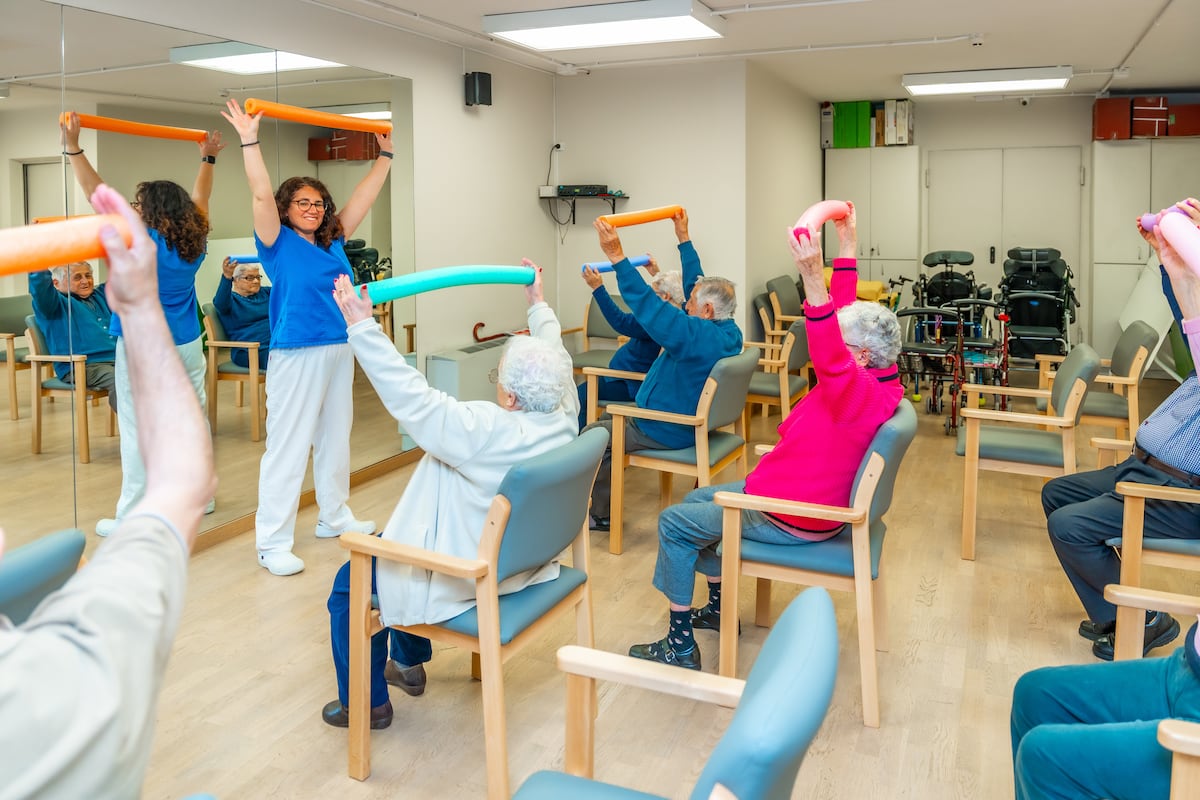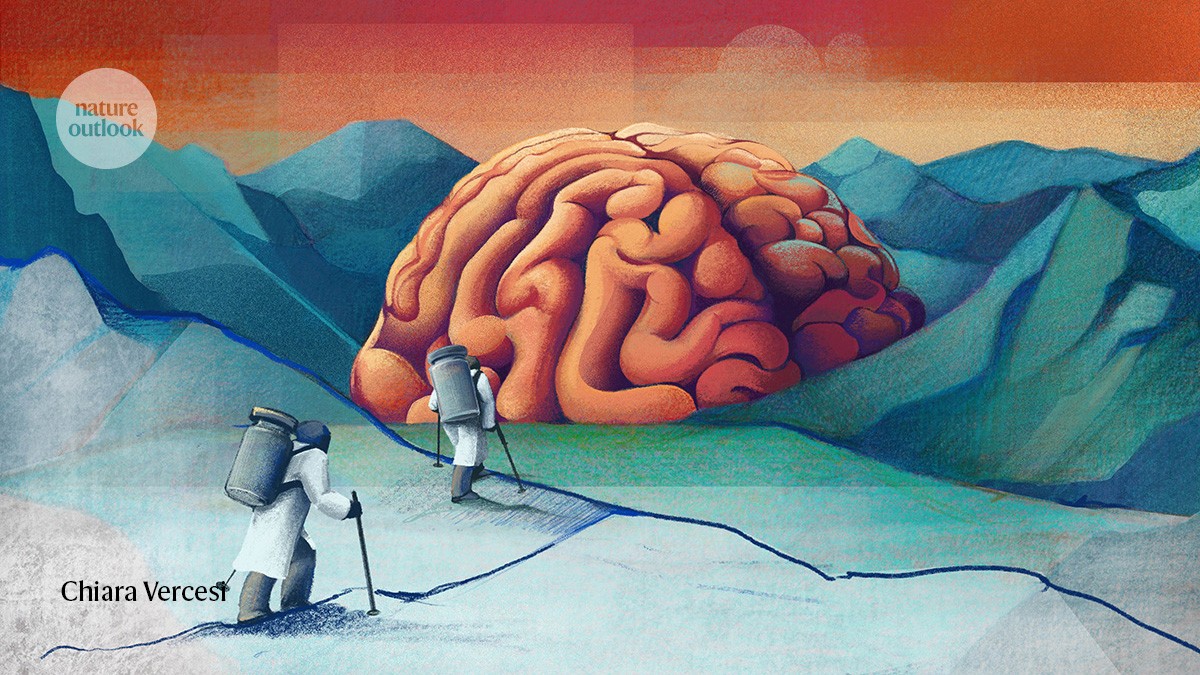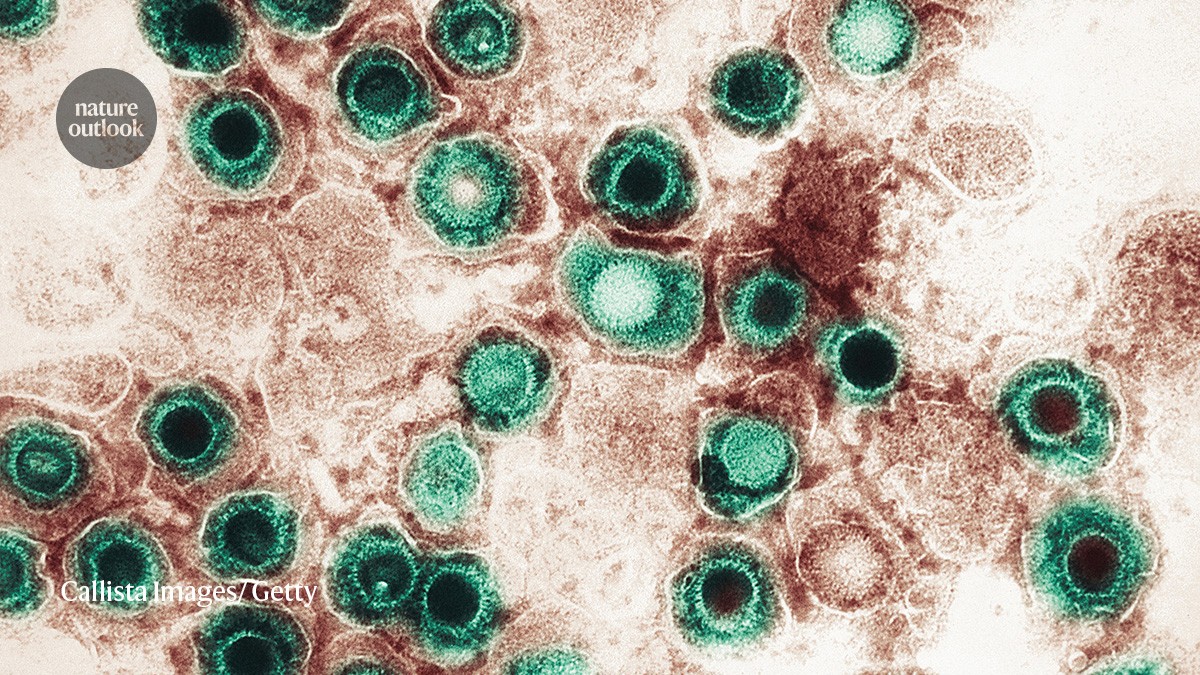#neurodegeneration
#neurodegeneration
[ follow ]
#alzheimers-disease #parkinsons-disease #alzheimers #huntingtons-disease #gene-therapy #air-pollution
Medicine
fromenglish.elpais.com
3 weeks agoDiscovery of brain network that links body and mind could open the door to better Parkinson's treatments
Altered activity in the somatocognitive action network (SCAN) connects deep brain regions and cortical areas, linking motor, attention, perception, and action-planning deficits in Parkinson's.
fromBusiness Insider
3 months agoHuman brain ages at four major turning points: 9, 32, 66, 83
Scientists at the University of Cambridge's cognition and brain sciences unit have used images of roughly 3,800 "neurotypical" brains, ranging in age from birth to 90, to pinpoint these turning points where our brains change shape to serve different functions as we grow, age, and eventually decline. Roughly speaking, ages nine, 32, 66, and 83 mark pivotal shifts in how our brains operate. "This study is the first to identify major phases of brain wiring across a human lifespan," Dr. Alexa Mousley, who led the research, said in a release.
Science
fromwww.npr.org
4 months ago'Death fold' proteins can make cells self-destruct. Scientists want to control them
One of these researchers is Randal Halfmann at the Stowers Institute for Medical Research in Kansas City, Missouri. He has been studying immune cells that self-destruct when they come into contact with molecules that present a threat to the body. "They have to somehow recognize that [threat] in this vast array of other complex molecules," he says, "and then within minutes, kill themselves." They do this much the way a soldier might dive on a grenade to save others' lives.
Science
Environment
fromenglish.elpais.com
5 months agoStudy reveals how air pollution can trigger harmful changes in the brain that lead to neurodegeneration
Prolonged air pollution exposure increases Lewy body dementia risk via alpha-synuclein aggregation linking environmental pollutants to neurodegeneration.
[ Load more ]
